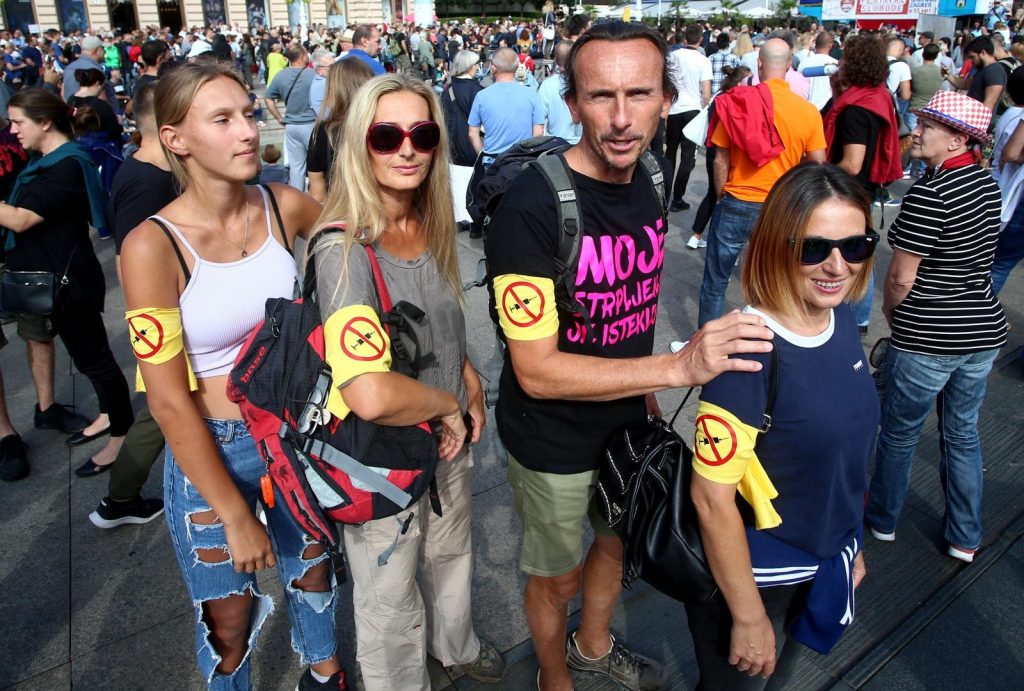The study, written by sociologists Dragan Bagić from the Zagreb Faculty of Humanities and Social Sciences and Adrijana Šuljok and Branko Ančić from the Institute for Social Research, is part of a project by the Croatian Science Foundation called “Resilience of Croatian society against the COVID-19 pandemic”, the Jutarnji List daily wrote on Monday.
The purpose of the study was to establish who refuses to get vaccinated and why, and it was conducted on a sample of 765 respondents. It showed that over a third of the respondents hesitate or refuse to get vaccinated against COVID-19.
The most frequent reason given is that the vaccine is not safe enough or effective. Some of the respondents said they prefer natural immunity, i.e. recovering from the disease over vaccination, while some of the hesitant respondents also expressed mistrust of vaccines in general.
The study showed that young respondents, women, people with lower educational qualifications, and those living in small towns are more inclined to hesitate or refuse to get vaccinated. Foreign studies have also shown similar findings.
“These are the groups that the vaccination campaign should focus on,” Šuljok was quoted as saying. “It should be borne in mind that some of these people cannot be influenced and are less likely to change their opinion. Our study has also shown that respondents who expressed mistrust of science are more inclined to hesitate or refuse to get vaccinated,” she added.
Šuljok said that the term “anti-vaxxers”, used to denote the people who hesitate or refuse to get vaccinated against COVID-19, is not appropriate because some of them are mistrustful of vaccines in general.
“By labeling all people, including those who are primarily afraid of the COVID-19 vaccine because it is new and has been developed quickly, as anti-vaxxers we are actually pushing them towards the group of real anti-vaxxers and conspiracy theorists, which might have negative consequences through increased opposition to ‘regular’ vaccines,” Šuljok said.
She said that the public health campaign has failed to get the message across to a section of the population about the danger of the SARS-CoV-2 virus and that this was partly due to conflicting messages from the government advisory council and the predominant public narrative that mostly elderly people and serious patients get seriously ill.
>For all you need to know about coronavirus specific to Croatia, make sure to bookmark our dedicated section and select your preferred language if it isn’t English.












